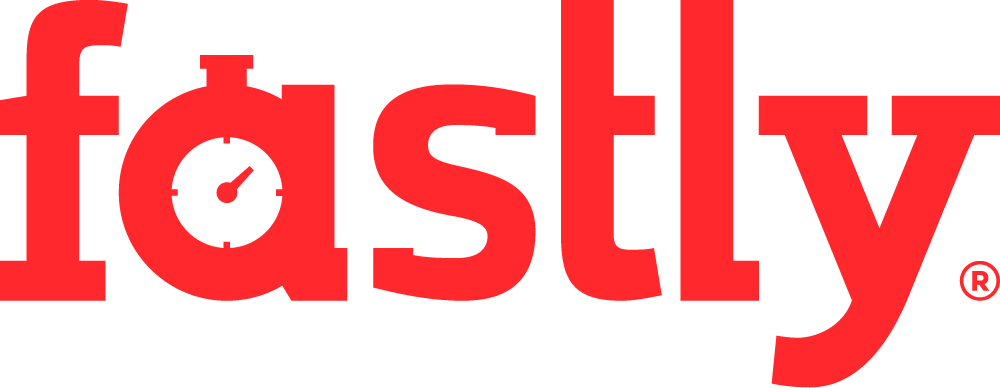Other Category
October 20, 2020
Sandworm operators indicted
Presented by

Russia, Russia, Russia. The US Department of Justice has indicted six members of Sandworm, a military intelligence unit of Russia’s GRU, while the UK accused it of preparing attacks on the (now postponed) Tokyo Olympics. Russian crews have also been identified in recent attacks against Norway’s parliament and state and local governments in the US. We also, reluctantly, touch on another actor with a Russian nexus, Rudy Giuliani.

Brought to you by The Hewlett Foundation
The William and Flora Hewlett Foundation invests in creative thinkers and problem solvers who are working to ensure everyone has a meaningful opportunity to thrive.







